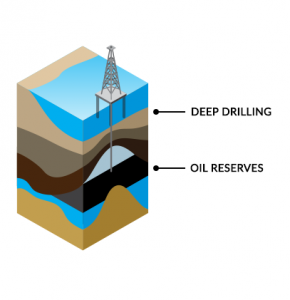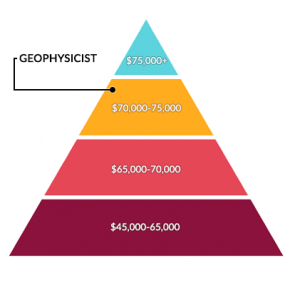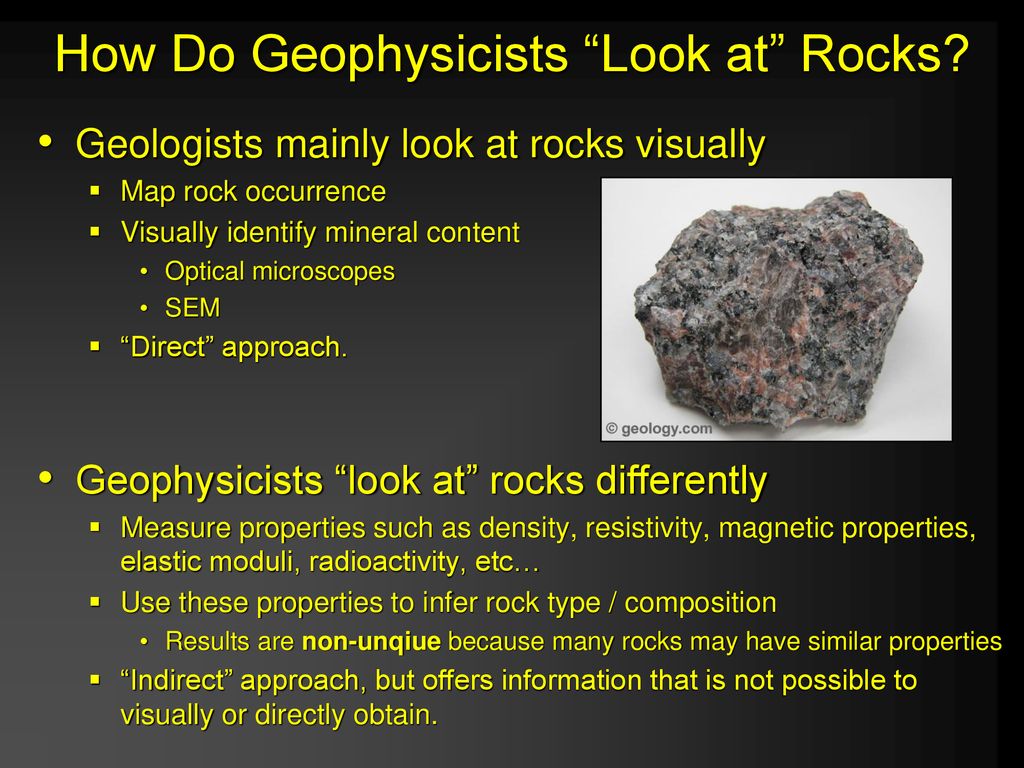All Categories
Featured
Table of Contents
Geophysicist Salary And Job Description 2023 in Brookdale WA 2020
This work is significantly contracted out, so consultancies provide another source of work. Consultancy companies vary in size, from very little business to big multinationals. Some consultancies are quite specialised in utilizing particular geophysical strategies or operating in particular places, while others provide a more diverse variety of services to their consumers.
The extraction of gas from garbage dump sites is another area of employment and this might grow in the future. Exploration business might undertake work for construction companies, public utility, mining companies and ecological companies, so geophysicists may be employed in any of these settings. Other companies consist of: geological surveysgovernment bodies and agenciesuniversities and research institutes.


Vacancies may be listed in the oil and gas sector press. Recruitment is affected by oil price changes and the level of competitors for positions differs depending upon this. Careers Days, which cover the complete series of geoscience professions and are usually gone to by a number of key market employers, are run by The Geological Society.
Geological And Geophysical Surveys in Ardross WA 2021
Some of the big oil and gas business use a complete two-year structured training programme throughout the breadth of geophysics, consisting of the opportunity to experience work in various groups before specialising in one location. Your training may include deal with: existing wellsmagnetic and gravitational possible field data analysisresearchrock analysis. However, it's more typical for your preliminary training to be provided on the job.

There might be a probationary duration throughout which you work together with a skilled associate. Competency-based appraisals happen regularly in a lot of firms. In smaller sized companies, and for scholastic posts, there is unlikely to be any formal training - you'll be anticipated to start work straightaway and get abilities as you go along.
If you work for a smaller sized business, you might discover that you require to take obligation for setting up and funding your own development and training. If you have a geology degree, subscription of The Geological Society can be helpful for networking and for maintaining to date with the market.
Career Guide: Geophysicist in Darch Western Australia 2021
You may likewise find it useful to sign up with the PESGB (The Petroleum Expedition Society of Great Britain, which has a geophysics unique interest group. After a probationary period, and when you've gotten some experience, you might progress to senior geophysicist, then group leader and after that into a senior role in management.
The ease of movement in between functions depends upon the company structure. Research study at Masters or Ph, D level in a subject related to geophysics or geosciences might help with your profession advancement and progression. The employment market within the oil and gas industry is very reliant on rate and this may impact your opportunities for career progression.
Not all jobs are dependent on the oil and gas markets. For knowledgeable geophysicists, freelance consultancy offers a great route for profession development. You can also specialise in a specific area of geophysics. As a geophysicist, you're most likely to have numerous tasks throughout your working life. Global movement is essential for dealing with peaks and troughs in various countries at various times.
An Assessment Of Geophysical Survey Techniques ... in Padbury Aus 2021
From geophysics, it's possible to focus on seismology (finishing more training to end up being a seismic interpreter) or to move into associated areas such as engineering geology or threat forecast.
Choosing what to study in college is a difficult option. Even if you understand that your field of interest lies in science, what program of study is ideal for you?
However the very first step to attaining your objective of becoming a geophysicist is earning a degree. Even for entry-level positions in the field of geoscience, you'll need a bachelor's degree (a geophysicist college degree) from an accredited college or university. Some research positions require candidates to hold master's degrees and even Ph.
Geophysics in Wattleup Western Australia 2022
Postgraduate degree are specifically crucial if you prepare to teach at a four-year organization. Geophysicists apply physics ideas and methods to study the gravitational, magnetic, and electric fields of the earth. This furthers scientists' understanding of both the world's interior core and its surface. Geophysicists need to have the ability to: evaluate rocks, photographs, and other pieces of information conduct research both in the field and in labs develop maps and charts of their findings compose reports To achieve all this, students need a specialized education for geophysicist professions.
As stated above, you'll need a bachelor's degree in geoscience or an associated discipline, such as a physical science or a life sciences, to land an entry-level job. But students can likewise prepare by learning subjects like: Biology Chemistry Computer science Engineering Mathematics Physics The above geophysicist majors offer a more generalized technique to a single scientific discipline, but most programs need trainees to take one or more geology course.
Latest Posts
Geophysicist Job Description in Guildford Aus 2023
Marine Geophysical Surveying - in Maddington Aus 2023
Geophysical Survey - Suffolk Heritage Explorer in Millendon WA 2023